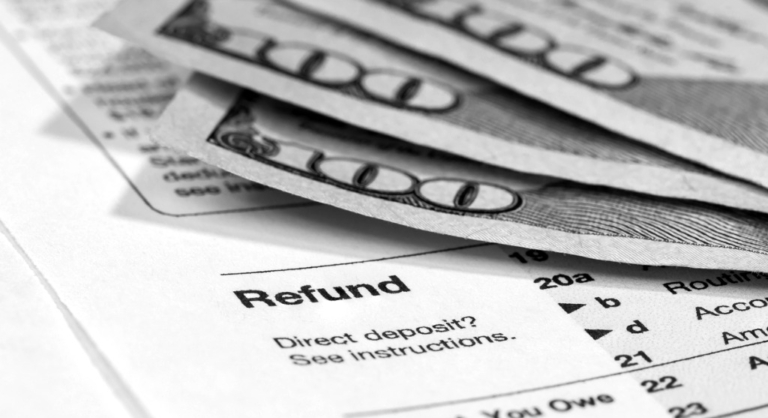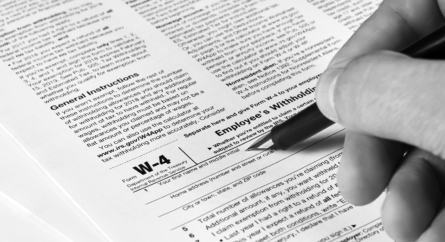Death and Taxes – Deceased Taxpayers Still Waiting for Tax Refunds
The Internal Revenue Service recently acknowledged systemic problems processing tax returns for deceased taxpayers who are due to receive a tax refund.
The National Taxpayer Advocate (TAS) reported that the IRS experienced significant delays processing 2022 and 2023 tax returns that were due refunds.
It appears the problem is related to a failure to file Form 1310, Statement of Person Claiming a Refund Due to a Deceased Taxpayer, which is required when a refund is due to a deceased taxpayer. In many cases, however, Form 1310 is prepared, but could not be e-filed and therefore had to be manually processed by the IRS. TAS estimates that 14,000 of Form 1310 were filed in the tax year 2023 and 18,000 forms in 2022. The IRS has reportedly worked through 70% of the backlog.
These delays are not the first time the IRS has had problems processing deceased taxpayers’ tax refunds. Tax returns that were paper filed in 2020 were notoriously delayed, which prevented many grieving families from settling the estate of a deceased loved one.
The IRS has taken steps to address these processing delays, and it is hoped backlogs can be prevented in the future.
More information concerning families and executors handling the affairs of a deceased taxpayer can be found in IRS Publication 559, Survivors, Executors and Administrators.
Tagged In: Form 1310, IRS, tax returns for deceased taxpayers












